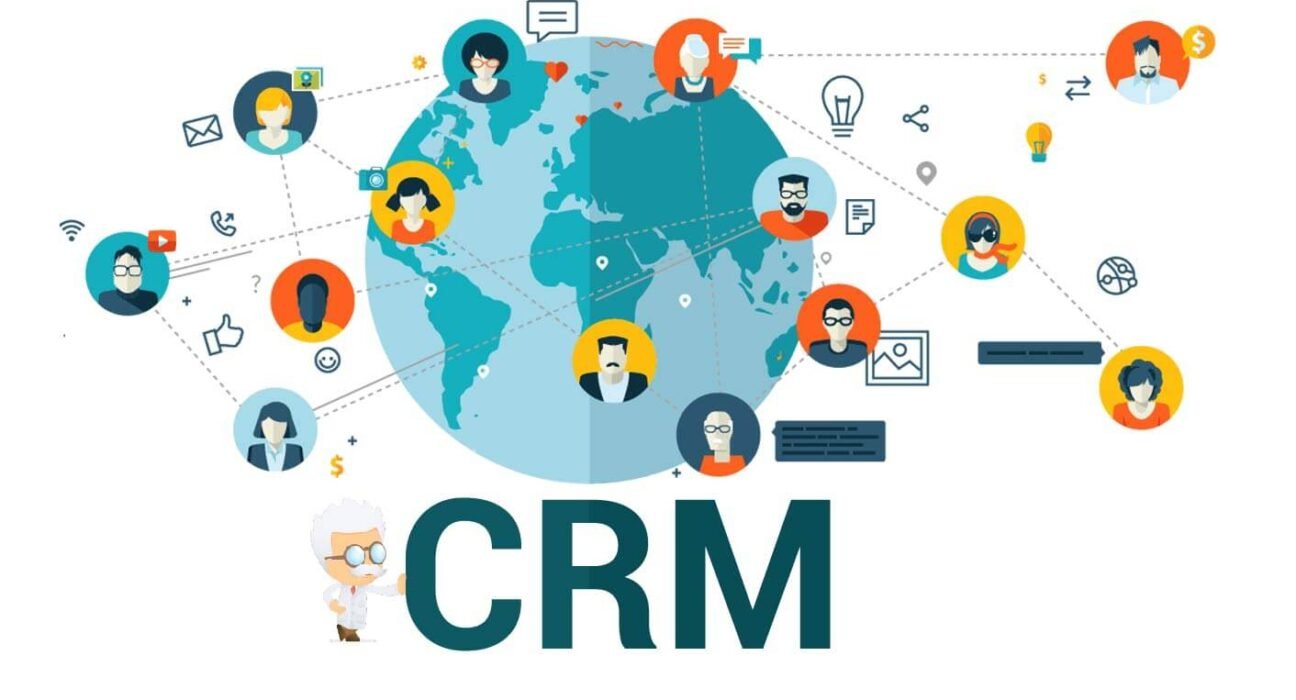In the fast-paced world of real estate, having a powerful CRM (Customer Relationship Management) system is non-negotiable. A tailored CRM in real estate empowers agents and brokers to streamline operations, nurture leads, and build enduring client relationships. This article outlines five crucial features every top-tier real estate CRM must have, promising increased productivity, seamless experiences, and amplified revenue. Dive in to discover how a CRM solution can revolutionize your real estate business and keep you ahead of the curve.
Here are 5 must-have features to look for in any real estate CRM software:
Contact and lead management
Contact and lead management is tracking and managing your contacts and leads. This includes features such as:
Importing and exporting contacts: This allows you to easily add your existing contacts to your CRM software and export your contacts to other software applications.
Creating custom fields: This allows you to store additional information about your contacts and leads, such as their interests, budget, and timeline.
Segmenting your contacts: This allows you to group your contacts and leads into different segments based on their demographics, interests, or other criteria. This makes it easier to send targeted messages and campaigns.
Tracking lead interactions: This allows you to track all of your interactions with your leads, such as emails, phone calls, and meetings. This helps you to see what is working and what is not.
Qualifying leads: This allows you to identify which leads are most likely to convert into customers. You can qualify leads based on their interests, budget, and timeline.
Nurturing leads: This allows you to stay in touch with your leads and keep them engaged until they are ready to buy. You can nurture leads through email marketing, social media, and other channels.
Deal management
Deal management is the process of tracking and managing your deals. This includes features such as:
Creating and managing deals: This allows you to create new deals and track their progress through the sales pipeline. You can also add notes, tasks, and documents to each deal.
Setting up reminders: This allows you to set up reminders for yourself and your team to follow up with leads and customers.
Generating reports: This allows you to create reports on your deals, such as pipeline reports, activity reports, and win/loss reports. This helps you to track your progress and identify areas for improvement.
Automation and workflows
Automation and workflows can be used to automate repetitive tasks and streamline your business processes. For example, you can create a workflow that automatically sends a follow-up email to a lead after they have visited your website or attended an open house. You can also create workflows that automatically assign leads to different team members or update the status of a deal.
Automation and workflows can save you a lot of time and effort, and they can also help you improve your efficiency and productivity. For example, if you are able to automate your follow-up process, you can focus on other important tasks, such as generating new leads or building relationships with clients.
Mobile access
Mobile access is important for any real estate CRM software. This allows you to access your CRM software from anywhere, at any time. This is especially important for real estate agents who are often on the go.
With mobile access, you can view your contacts, leads, and deals; update the status of a deal; and send follow-up emails and text messages. You can also use your mobile CRM app to schedule appointments and get directions to properties.
Integrations
Integrations with other software can make your life even easier. A good real estate CRM software should offer a variety of integrations so that you can connect it to the tools you already use.
For example, you can integrate your CRM software with your email marketing platform so that you can send automated follow-up emails to your leads and clients. You can also integrate your CRM software with your social media platforms so that you can track your social media interactions and generate new leads.
In addition to these 5 must-have features, there are a number of other features that you may want to consider when choosing real estate CRM software. These include:
Price: CRM software can range in price from free to thousands of dollars per month. It’s important to choose software that fits your budget and needs.
Ease of use: A good CRM software should be easy to use and navigate. You should be able to learn how to use it quickly and easily.
Customer support: Choosing a CRM software that offers good customer support is important. This way, you can get help if you have any problems with the software.
Conclusion:
a comprehensive real estate CRM software should encompass five essential features to empower agents and agencies in maximizing their efficiency and effectiveness. Firstly, robust contact management capabilities enable seamless organization and segmentation of leads, clients, and partners. Secondly, automated communication tools, including email campaigns and notifications, streamline interactions and nurture relationships.
Thirdly, an intuitive property management system facilitates easy tracking, listing, and updating of properties. Fourthly, robust analytics and reporting tools provide invaluable insights for data-driven decision-making and performance assessment. Lastly, seamless integration capabilities with other tools and platforms enhance productivity and workflow integration. A CRM equipped with these five must-have features will undoubtedly serve as an invaluable asset for any real estate professional, facilitating growth, client satisfaction, and business success.






